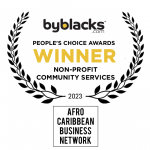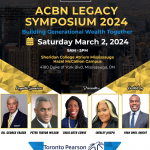
The Importance of Arts for the Black Community
The arts hold particular significance for the Black community in several ways:
A wonderful conversation with ELDER ABENA GINELLE SKERRIT touched on the importance of Arts and how it influences our actions.
A wonderful conversation facilitated by SETSI entitled BEYOND SOLIDARITY PANEL
A team-/builder, coach and manager, able to communicate effectively and build relationships across diverse teams, cultures and professional designations in union and non-uinion settings. Success attracting resources, partnerships and connections as a member of several Boards and committees, and directing the operations of social enterprise retail businesses.
Published author and leader on the topic of traditional savings and credit associations, ROSCAs and collective economic development solutions.
Challenges Faced by the Black Community in the Arts
Despite the importance of the arts, the Black community often faces barriers to full participation in and recognition within the art world. These challenges include:
Employment plays a vital role in shaping the lives of individuals and the health of communities. However, the Black community continues to face systemic barriers that limit access to quality jobs and perpetuate disparities in employment outcomes. By engaging in inclusive community discussions, we can raise awareness about these barriers, share resources and opportunities, and build solidarity in the pursuit of equitable employment opportunities for all. It is time to recognize the importance of employment and its impact on the Black community, and to come together to ensure that everyone has a fair chance to thrive in the labor market.
The Need for Community Discussion
To address these challenges and ensure that the arts continue to be a source of empowerment for the Black community, it is essential to foster community discussions that promote understanding, collaboration, and action. Here are three key reasons why community dialogues are crucial:
The arts hold immense power and significance for the Black community, serving as a means of cultural expression, social commentary, and personal empowerment. By fostering community discussions that address the challenges faced by Black artists and promote greater diversity and inclusivity in the arts, we can ensure that the artistic contributions of the Black community continue to inspire and enrich our collective cultural landscape. It is time to embrace the transformative power of the arts and engage in conversations that uplift and empower the Black community




